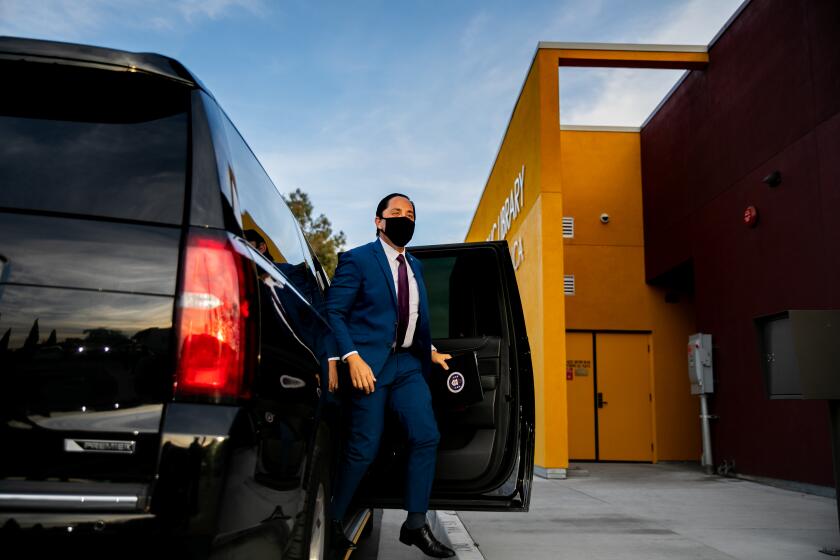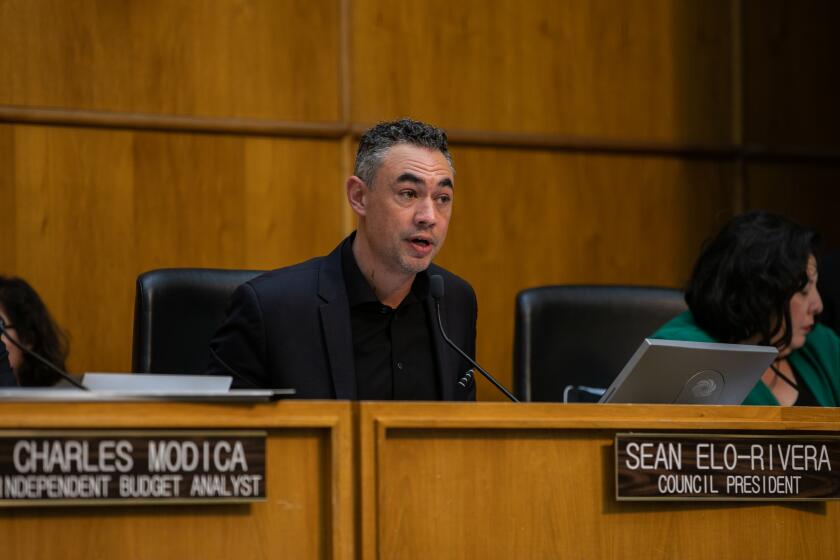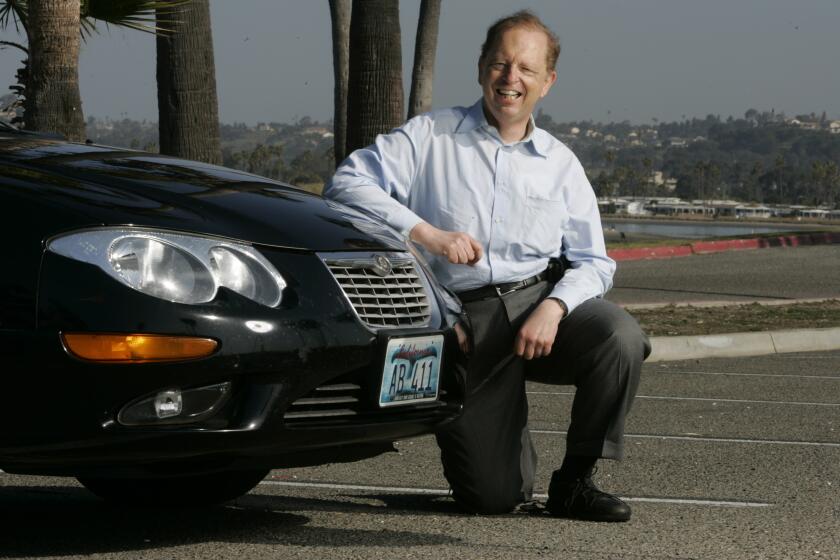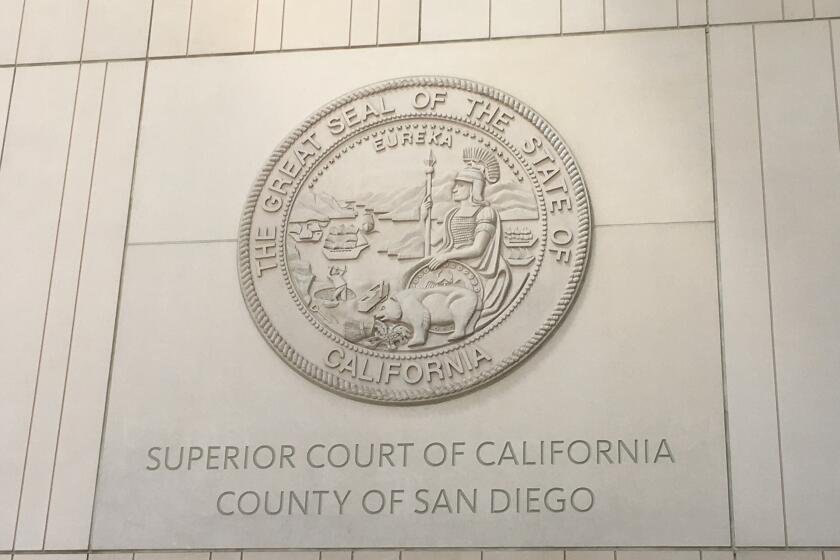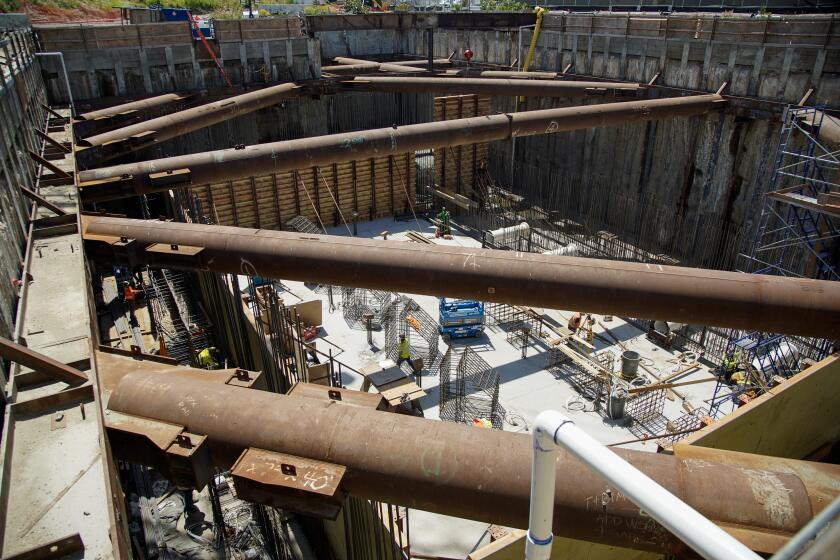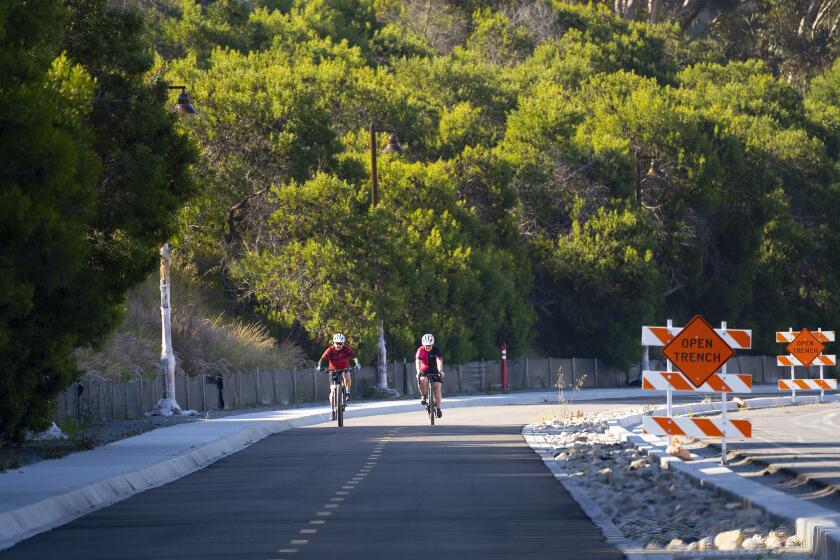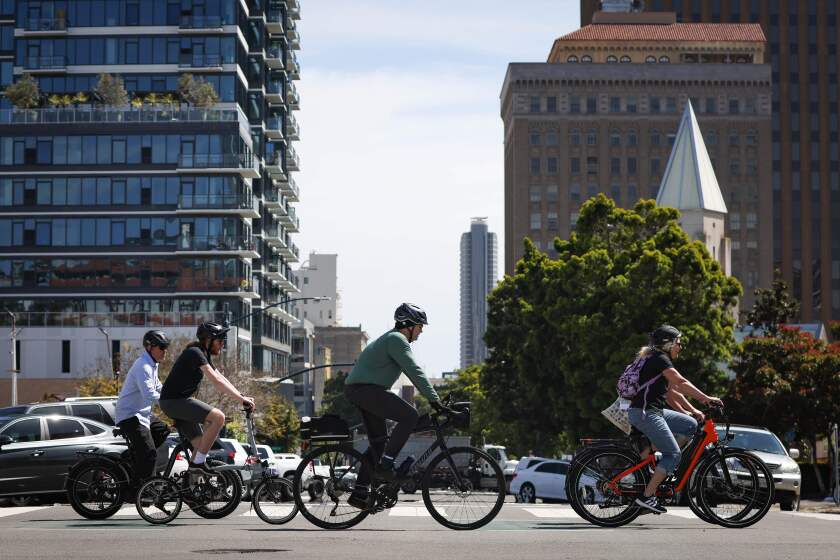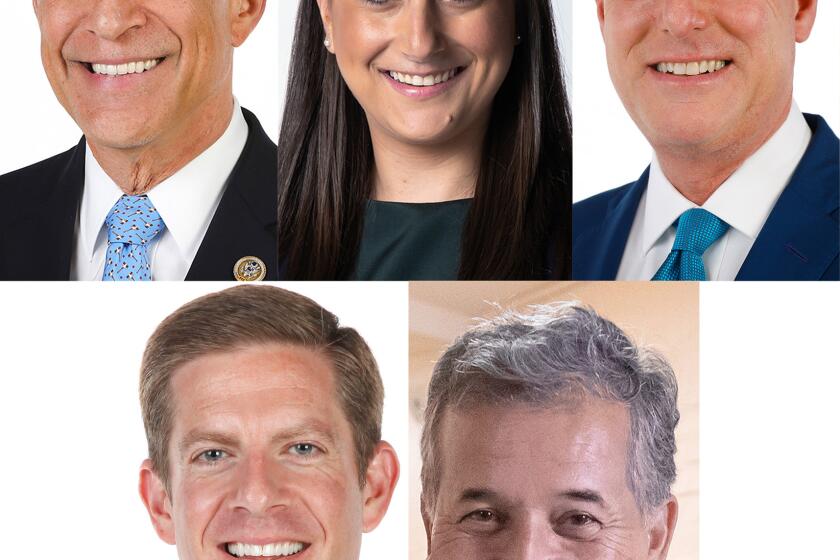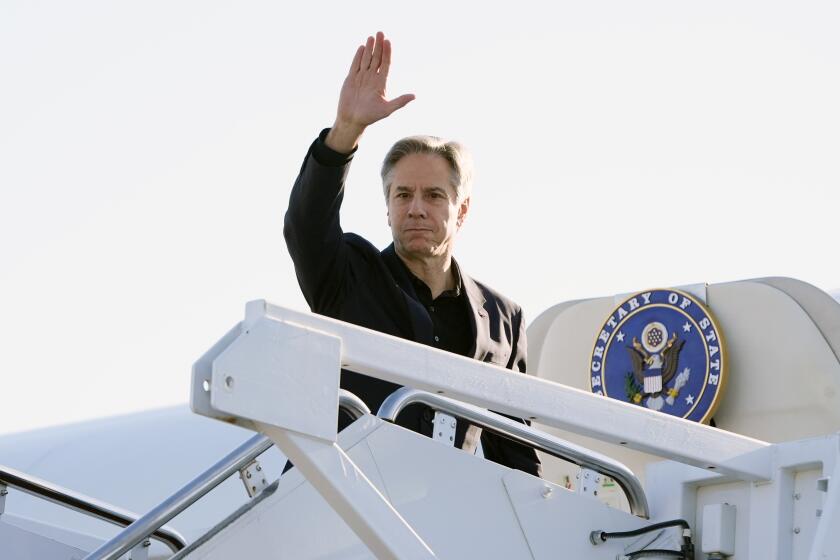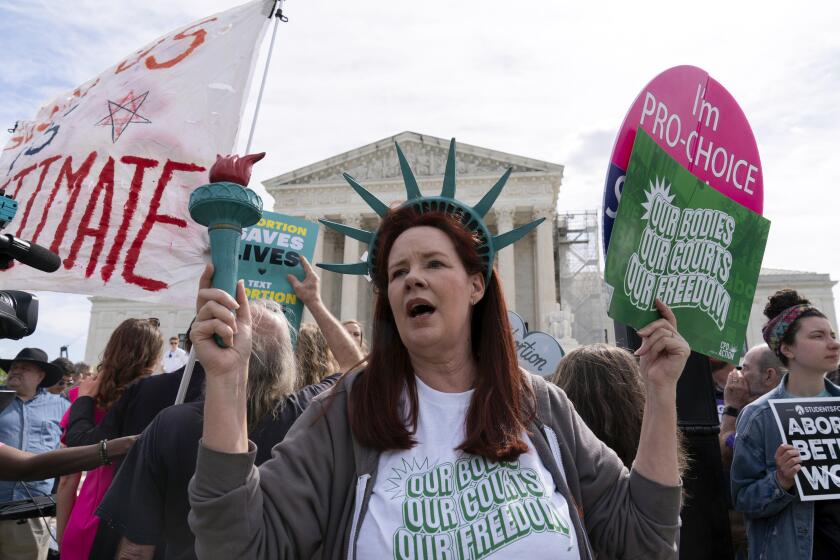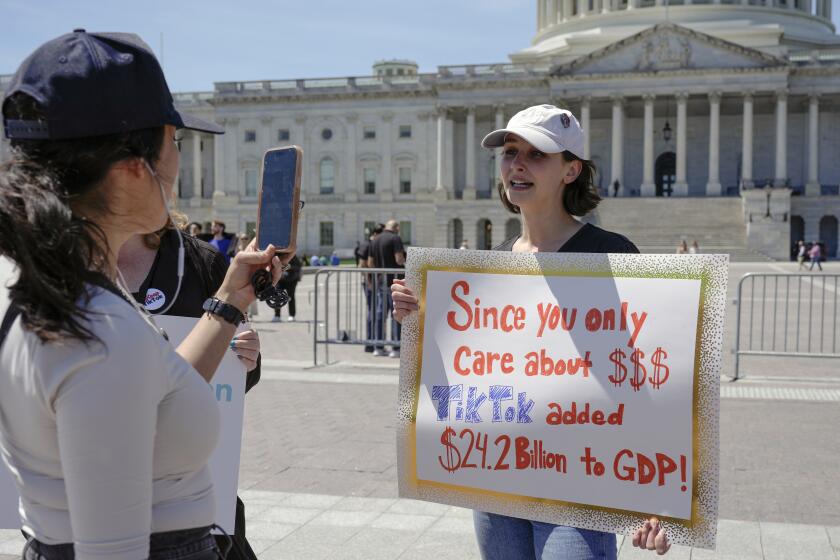San Diego OKs $1.7B budget supporters hail as big step toward social equity, prioritizing neighborhoods
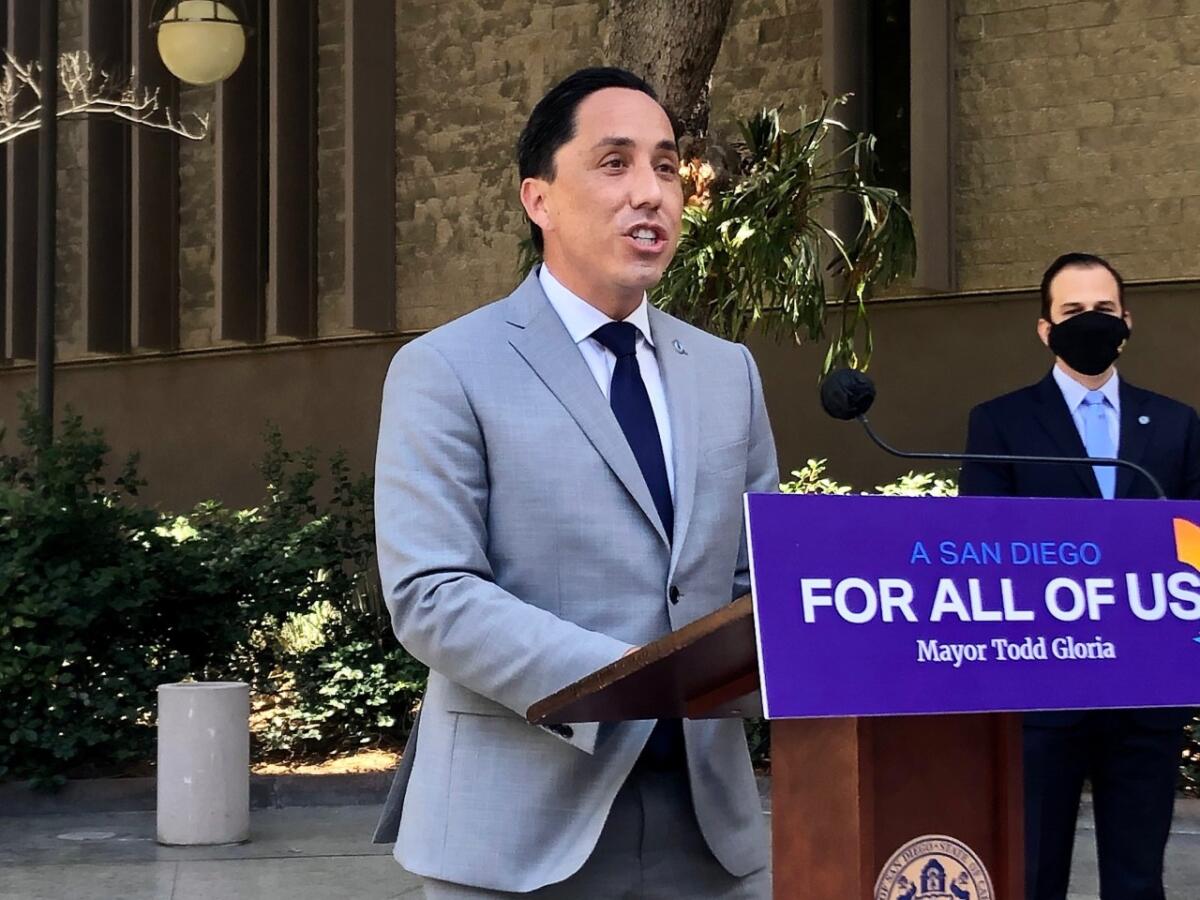
Two council members unsuccessfully lobbied to shift millions in funding away from police
San Diego officials adopted a new $1.7 billion budget Monday that City Council members praised as a big step toward prioritizing social equity, but two council members lobbied unsuccessfully to shift funding away from police.
The budget includes many millions to boost police oversight, increase opportunities for at-risk young people, help low-income areas become more resilient to climate change and help solve many other social equity issues.
Council members praised Mayor Todd Gloria for crafting a new spending plan that reflects San Diego’s shift to the political left in recent years. Gloria, a Democrat, replaced Republican Kevin Faulconer in December.
“This budget pivots from past practices,” said Councilmember Joe LaCava, contending Faulconer left the city with fundamental budget problems. “It moves our city forward in a holistic, equitable and financially prudent manner.”
Councilmember Vivian Moreno was more effusive.
“Oh what a difference a new mayor makes,” Moreno said. “The focus on uplifting underserved communities through this budget is simply unprecedented. We finally have a mayor who cares as much about our neighborhoods as we do.”
While the budget was approved unanimously, Council members Monica Montgomery Steppe and Sean Elo-Rivera lobbied unsuccessfully to shift $6 million in police overtime funding to other priorities.
Last-minute package of new spending also covers graffiti, tree trimming, new youth bureau, wildfire prevention
They suggested the money would be better spent on anti-gang efforts, activities for teens, streetlights in low-income areas and paying social service agencies to handle the city’s homeless outreach efforts.
“You don’t have to be against officers and this form of public safety to overall want better resources for your community,” said Montgomery Steppe. “It is about finally — finally — prioritizing the communities that have been left behind.”
Elo-Rivera said city leaders need to be more aggressive about examining San Diego’s police budget.
“There is much more we can do in terms of safety than simply investing in law enforcement,” he said. “We do have to recognize that these are choices. If we continue down this path of not digging deeper to examine the way we are allocating our resources, I do have concerns about where we will end up.”
Of 133 people who spoke during the four-hour budget hearing, many expressed ardent support for cutting police funding while others lobbied aggressively to maintain police funding with no cuts.
Council member Marni von Wilpert said San Diegans must understand that the city can provide police officers with the resources to do their jobs while also boosting oversight and investing in efforts to improve how the city deals with the mentally ill and the homeless.
“Those are not mutually exclusive goals,” she told her colleagues, noting that the city also recently created an Office of Race and Equity and a new Independent Commission on Police Practices.
The council also voted 8-to-1 to override an infrastructure funding policy so it could have $20 million more to spend on other priorities.
A successful 2016 ballot measure called Proposition H requires that the city spend a substantial amount of its new revenue on infrastructure projects. To override it requires at least six of the council’s nine votes.
Von Wilpert was the only council member to vote against overriding the ballot measure.
“The voters voted overwhelmingly in support,” of Proposition H, Von Wilpert said. “I wish we were able to continue with that.”
Gloria and the council also used nearly $200 million in federal pandemic aid to help balance this budget. Of the $306 million San Diego was awarded this spring, just over $110 million is left over for the next fiscal year.
Council members added several new items to the budget Monday as last-minute expenditures. They include money to design new libraries and parks in several neighborhoods and $70,000 for a second weekly trash pick-up in Mission Beach to help solve the resort community’s fly problem.
The council also doubled, from $500,000 to $1 million, the money the budget devotes to studying a municipal alternative to having San Diego Gas & Electric supply the city’s power.
The budget also includes millions to boost small businesses after the pandemic.
But Gloria says city is ‘fragile’ because of pandemic, financial problems that won’t end any time soon
“I want to thank the City Council for their unanimous support of my budget that aims to get San Diego back on track,” Gloria said after Monday’s vote. “We have significant work ahead of us to solve our City’s biggest challenges: making housing more affordable, ending homelessness, fostering an equitable recovery and fixing our roads. This budget sets us on the path to do that together.”
Get Essential San Diego, weekday mornings
Get top headlines from the Union-Tribune in your inbox weekday mornings, including top news, local, sports, business, entertainment and opinion.
You may occasionally receive promotional content from the San Diego Union-Tribune.

